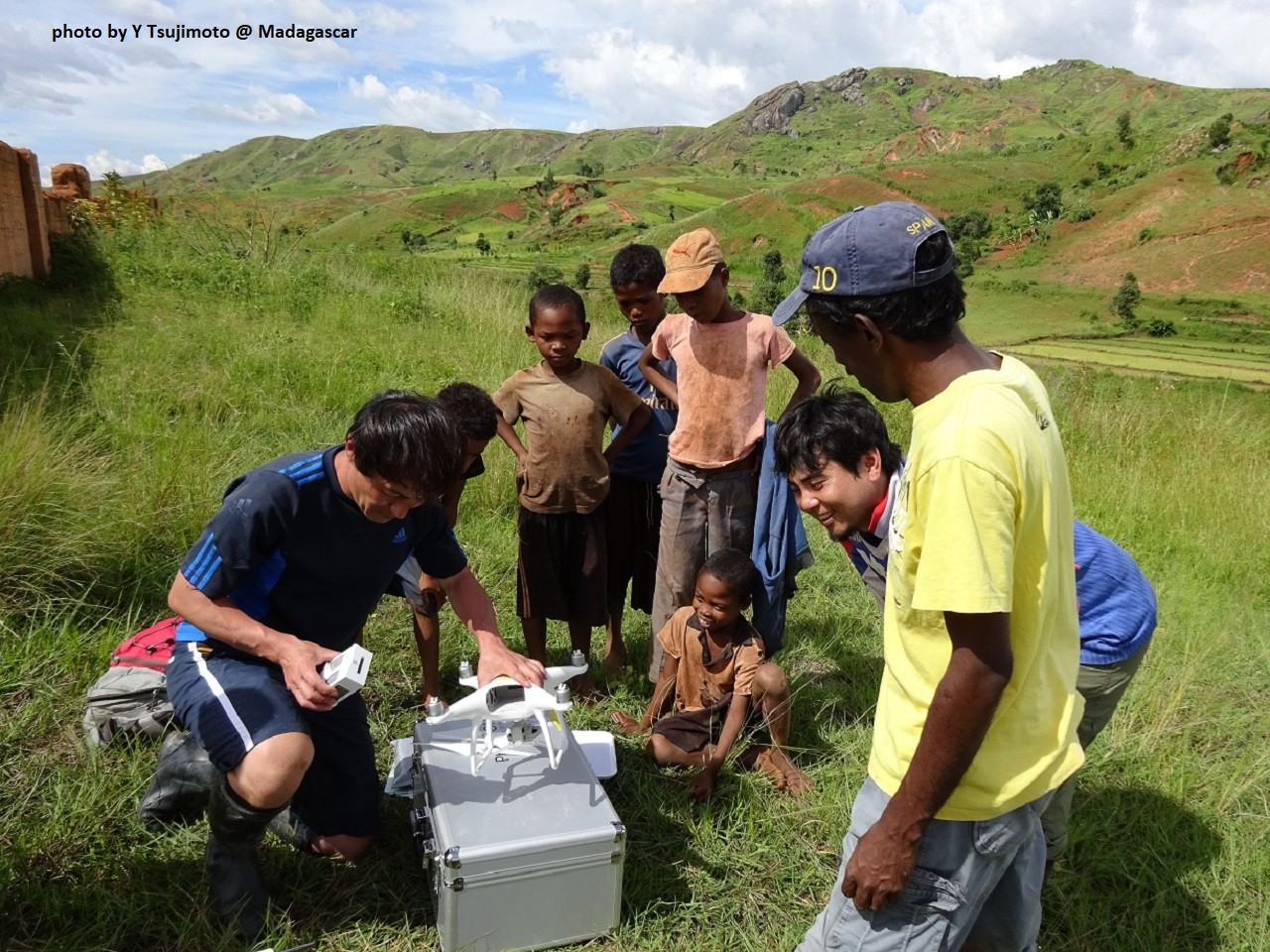Pick Up
565. FAO-ITU Report on Status of Digital Agriculture in Sub-Saharan Africa

Sub-Saharan Africa needs to significantly increase its current agricultural productivity in order to lift more than 400 million people out of extreme poverty and improve the livelihoods of some 250 million smallholder farmers and pastoralists. This will require digital transformation through improved infrastructure and greater access to and use of digital technologies in the agricultural sector. To understand the current state of digital agriculture in sub-Saharan Africa, the Food and Agriculture Organization of the United Nations (FAO) and the International Telecommunication Union (ITU) conducted this study in 47 countries.
The report consists of 47 country case studies for six six key themes, namely, infrastructure, digital penetration, policy and regulation, business environment, human capital and agro-innovation, along with the main findings and opportunities for digital agriculture in each country, as well as recommendations for future action. The results of the study will be presented to FAO and ITU member countries, and all relevant stakeholders with the aim of promoting and supporting investment in digital transformation of the agricultural sector in sub-Saharan Africa.
The key messages in this report are as follows:
- The potential for digital agriculture transformation in sub-Saharan Africa is enabled by the continent’s youthful population and increased mobile penetration. Countries across the region are in varying stages of digital agriculture transformation, which creates an opportunity for the exchange of knowledge, expertise and lessons. However, an inclusive and collaborative process is essential so that no one is left behind.
- Although the region has high potential for digital transformation, barriers still exist, such as limited infrastructure in rural areas, insufficient funding for agriculture, inadequate investment in research and development, agro-innovation and agricultural entrepreneurship, which are essential drivers for digital agriculture transformation.
- An enabling business environment is fundamental to attract investment in digital agriculture. The majority of countries in the region still face challenges in creating a favorable business environment, especially for start-ups.
- Sub-Saharan Africa is served by multiple undersea cables. Prioritising the connection to these cables to improve broadband access for both coastal and landlocked countries is needed. Undersea cables can also be complemented with national terrestrial broadband backbones that link both urban and rural areas.
- It is essential that digital transformation for agriculture is anchored to addressing low digital skills in the population, especially among women, youth and rural populations, through customized digital skills development programs.
- Although there are existing policies on information and communication technologies (ICTs) and/ or the digital economy, these are not aligned to existing agriculture policies, which hinders the process of digitalization in the agriculture sector. National strategies, therefore, need to be developed to support the digital transformation of agriculture.
- As most interventions were at the production level, the digitalization process should encompass the entire agriculture value chain. As such, governments need to foster the transformation of inclusive agri-food systems by leveraging the potential of digital solutions across value chains.
- Increased collaboration among countries, international organizations and private entities is necessary to create an inclusive set of digital public goods in agriculture that are sustainable and scalable.
An example of a country-specific case study in this report is the Fy Vary Project (Breakthrough in Nutrient Use Efficiency for Rice by Genetic Improvement and Fertility Sensing Techniques in Africa), which is being implemented by JIRCAS in Madagascar.
References
Status of digital agriculture in 47 sub-Saharan African countries
https://www.fao.org/documents/card/en/c/cb7943en/
FY VARY Project
https://www.jircas.go.jp/en/satreps
Contributors: KANAMORI Norihito (Information and Public Relations Office), TSUJIMOTO Yasuhiro (Crop, Livestock and Environment Division), IIYAMA Miyuki (Director, Information Program)
